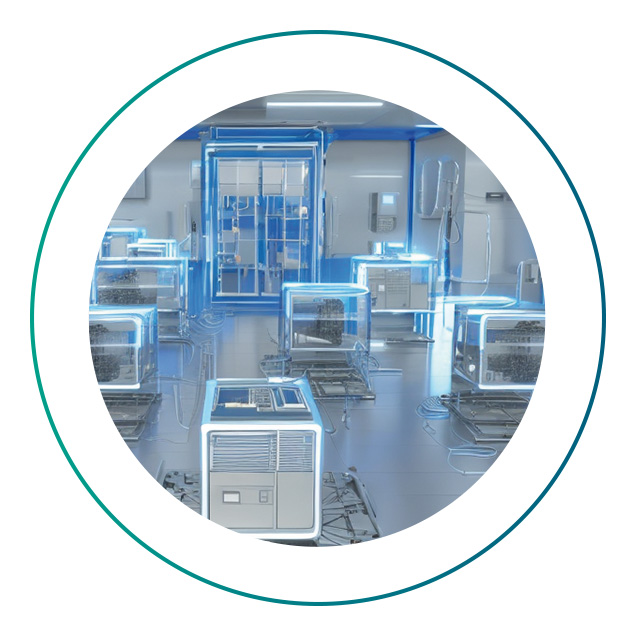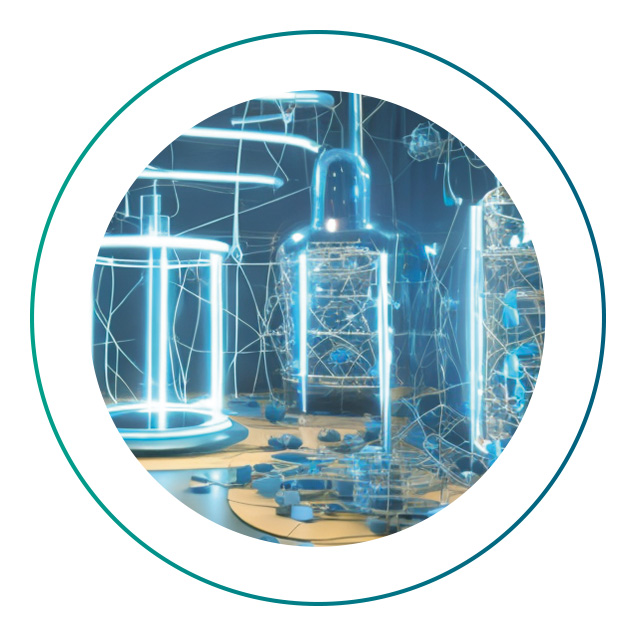About

Mission
The construction of an efficient scalable quantum processor is a formidable technological challenge that, as detailed afterward, has been undertaken by some of the most technologically advanced academic and business actors in the world.
To date, we are at the edge of this technological revolution that we shall follow and be prepared to exploit.
Given the current status of the available quantum hardware, we plan to team up with Italian and EU research labs and startups to act as a competence center that will contribute to the development of EU-based technology.
The infrastructure will be centered in Padova but will be delocalized encompassing different Italian actors willing to embrace such challenge, from different aspects: theoretical, experimental, algorithmic, usability, technological innovation, third mission, application to market and research.
Quantum computers sprang from a seminal idea of Richard Feynman aiming at overcoming one of the most complex computational problems that science has ever attacked, the numerical simulation of the fundamental quantum constituents of our universe.
In 1982, he proposed the idea of building a computer working according to the laws of quantum mechanics replacing the classical laws governing the functioning of all information and communication technologies (ICT) surrounding us.
Thus, quantum technologies rely on the paradigm shift of changing the physical support to be used to store information: modern chips are based on silicon technology and classical electrodynamics, a bit of information encodes two states, 0 or 1, in two different states of the system. Similarly, communications use classical states of light and currents to transmit information.
Quantum technologies replace the classical bit with a quantum bit (qubit). As a consequence, new operations are possible while every information manipulation available in the classical world is still achievable: thanks to the qubits quantum mechanical behavior, one can create superpositions that enable the exploitation of quantum correlations (entanglement). It has been proven that quantum correlations can be stronger than classical ones, and given that correlations allow for sharing, manipulation, and storage of information, entanglement enables a more efficient information processing.
Quantum computers exploits quantum coherent superpositions and entanglement to perform information processing for a number of tasks – scientific simulations, industrial optimization, data mining operations to name a few, see here for a full list – promising exceptional advantages in performance (time, memory or energy consumption) in the next years.

